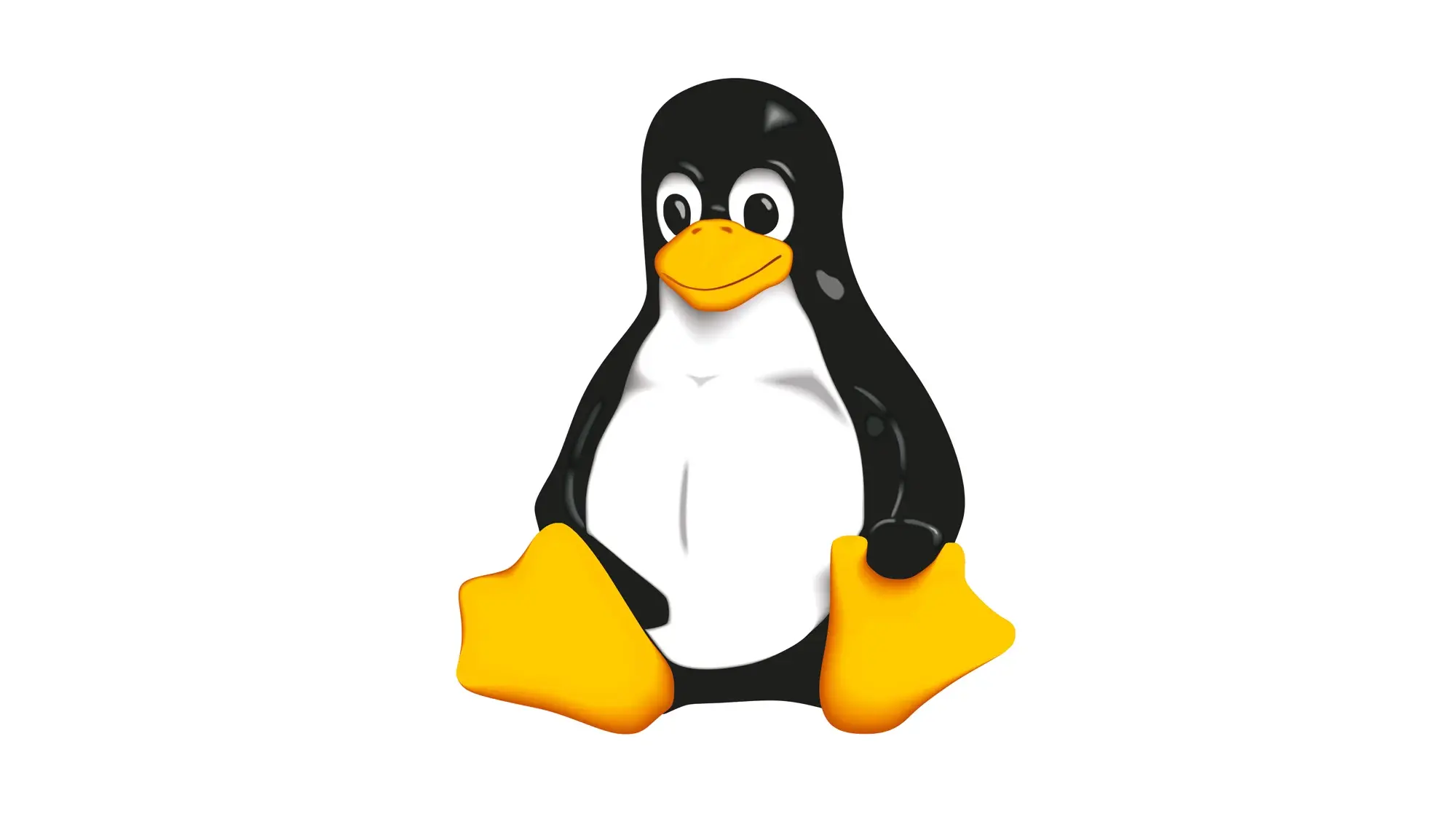

I don’t actually think you can call it that.
I’m pretty sure they’ve spent every cent, considering how much they have in fact produced.
The part that boggles me to this day, is that they spend the money on making a litany of insanely high quality assets and features, with seemingly no plan for how they’ll fit together.
And then they proceed to spend even more money, and time, on trying to fit it all together into something that functions like a complete system.
And that’s before you discuss their obsession with “realism”. What there is to play, is marred with balancing issues. Better ships are just… Better. Because they insist on weapons and ships functioning “logically” within the game universe, rather than in whatever way is the most fun.
Fighters beat bigger ships because equipping the same weapons, a fighter can hit every shot it takes at a slow moving giant. Meanwhile the travel-time of weapons make the fighter completely unkillable for the big ship, because the fighter can land shots from a range where its own speed allows it to dodge literally everything the big ship might send its way.
They’ve been buffing the shields and ammo counts on bigger ships, but all that does is make the fight last longer.
The project is real, but it’s a mismanaged catastrophe.


















The content isn’t gone.
It’s still retained by the various instances that lemm.ee federated with, and entering the url of a lemm.ee post on those instances should still let you find their local copies if they have it.